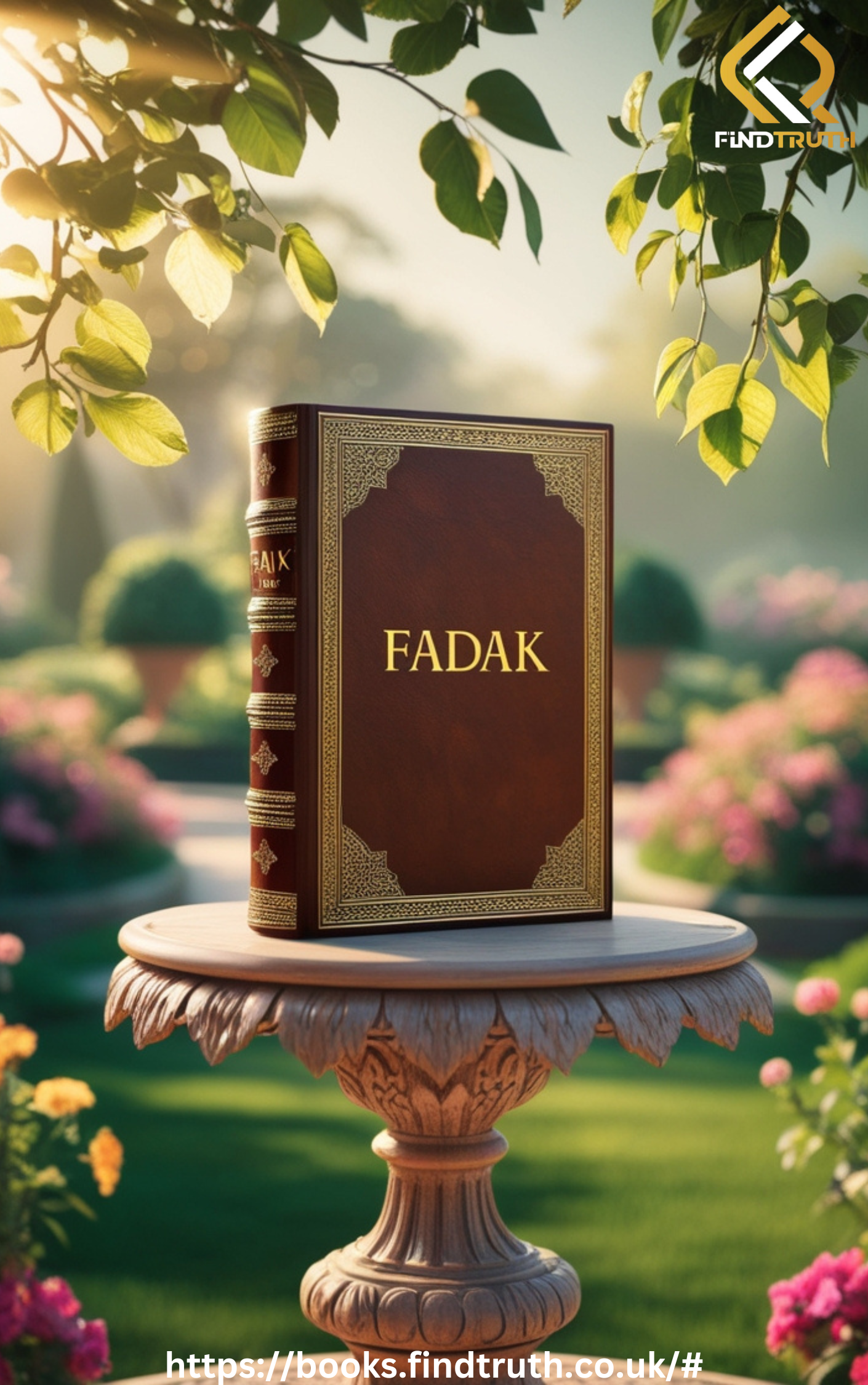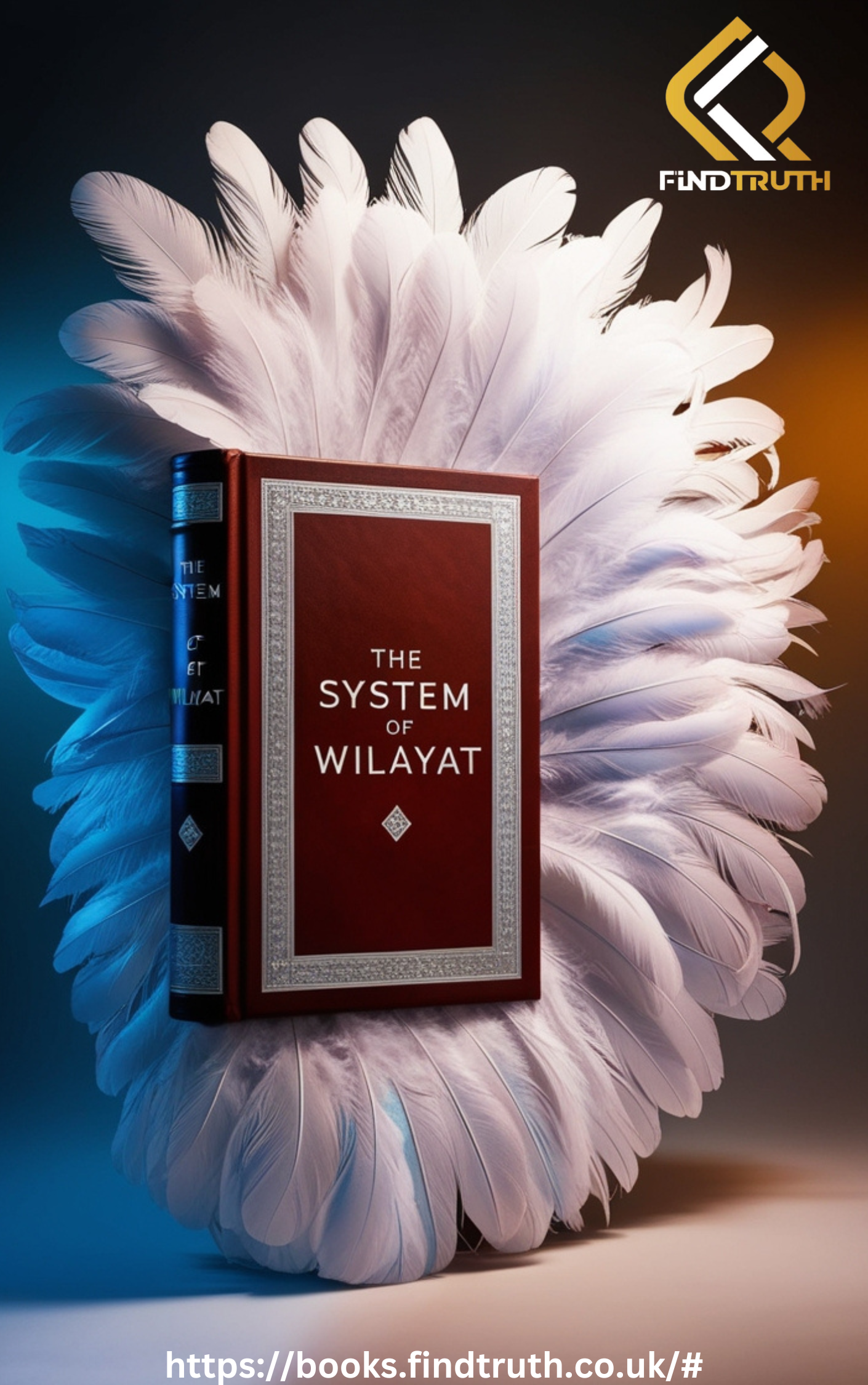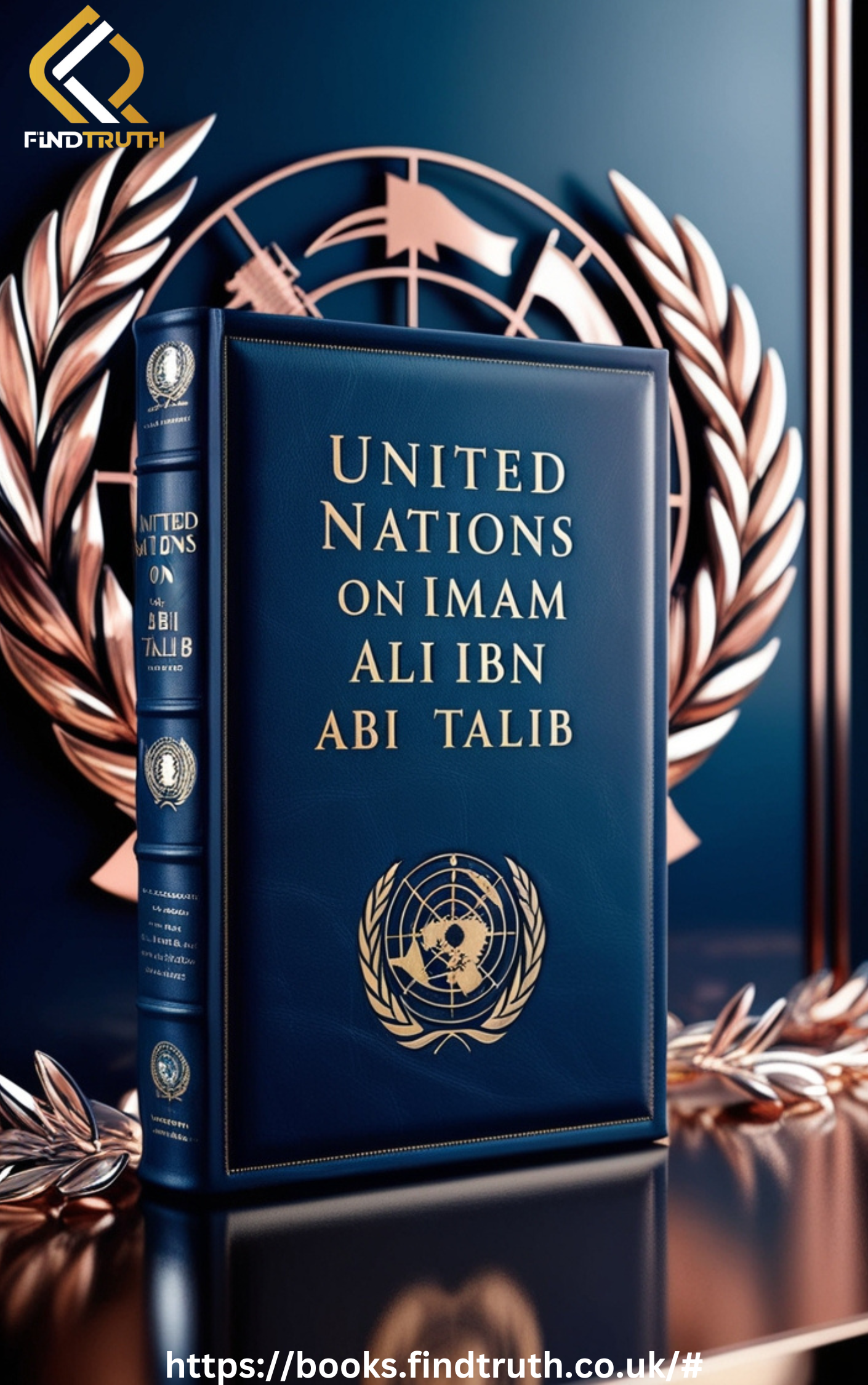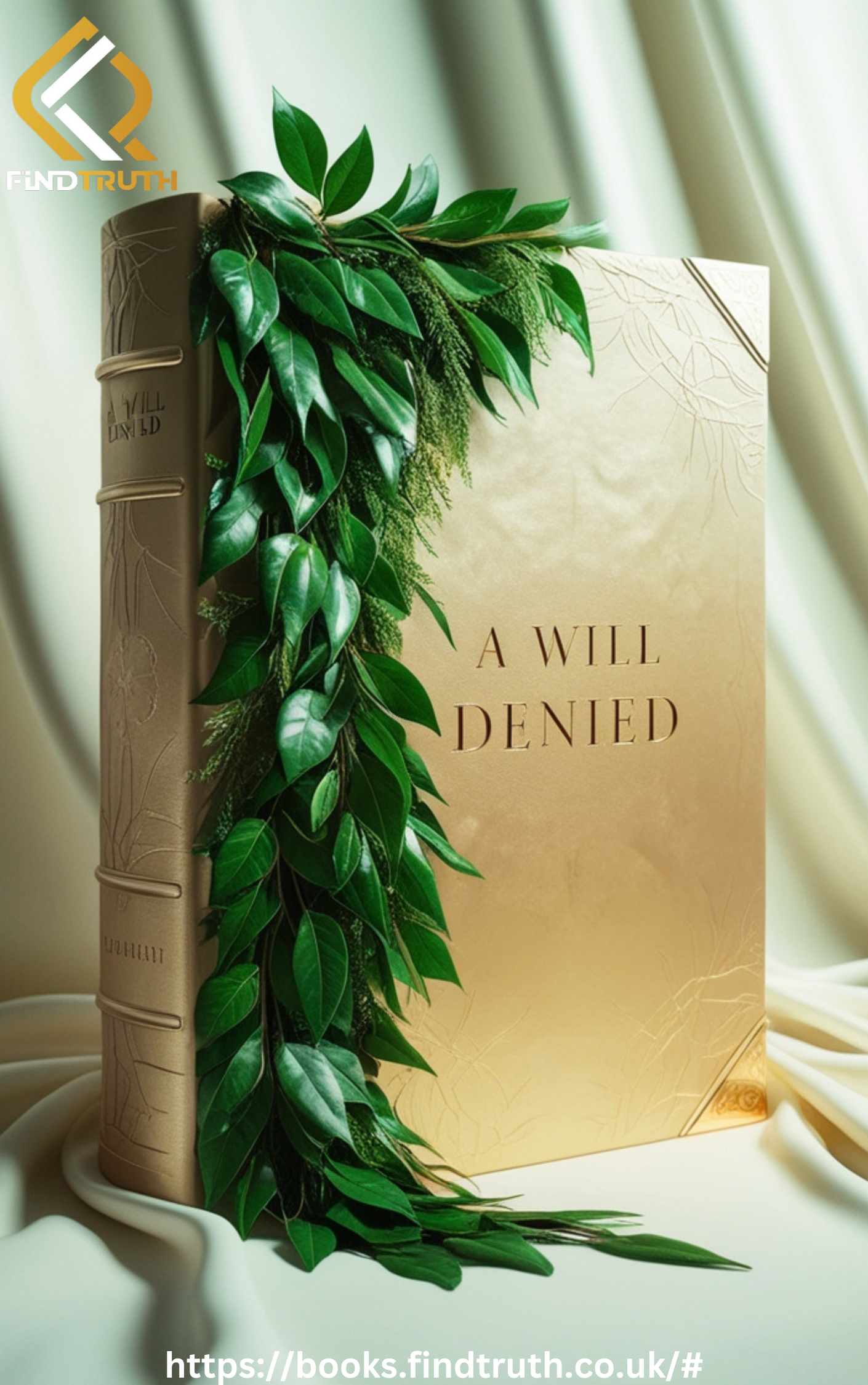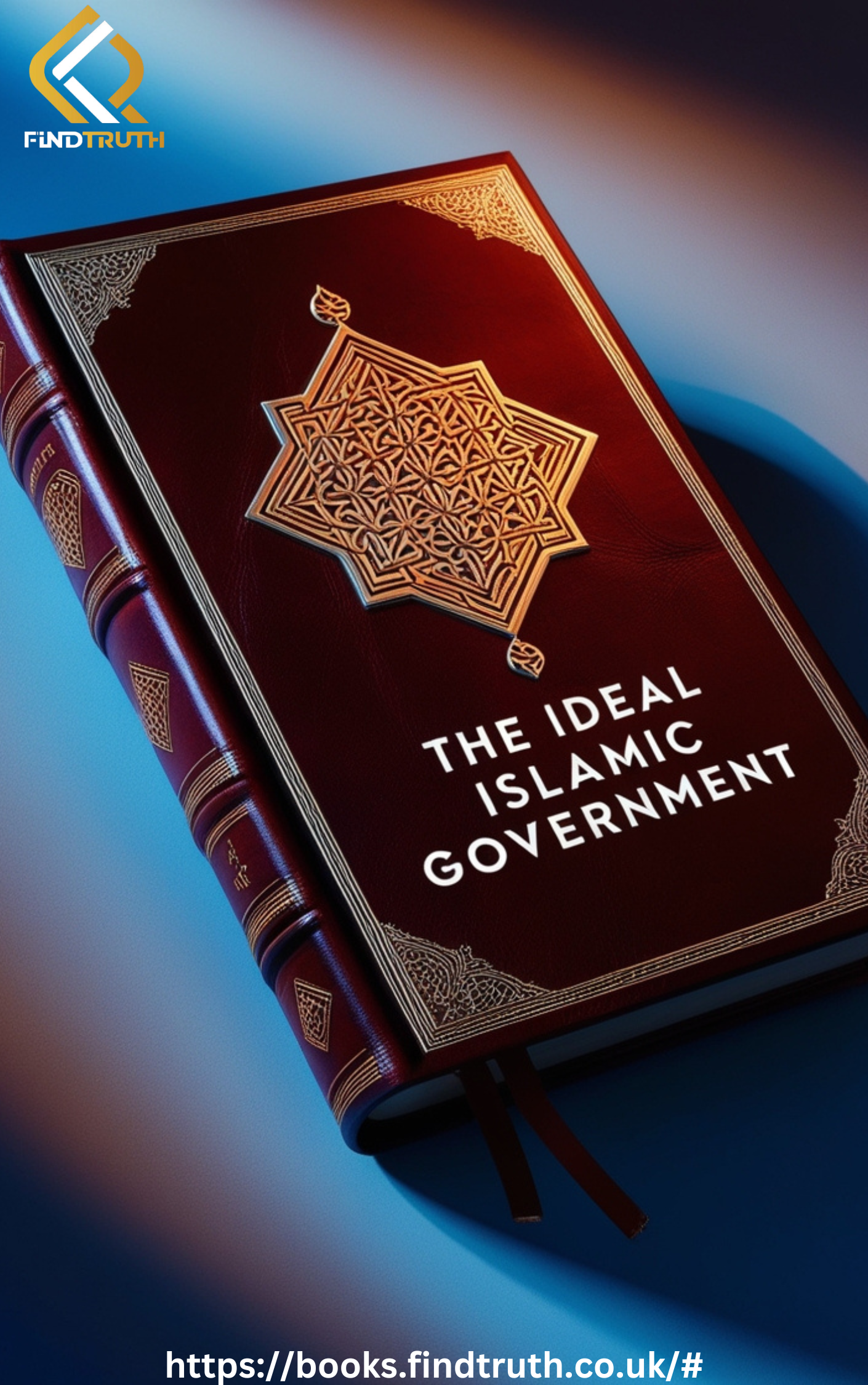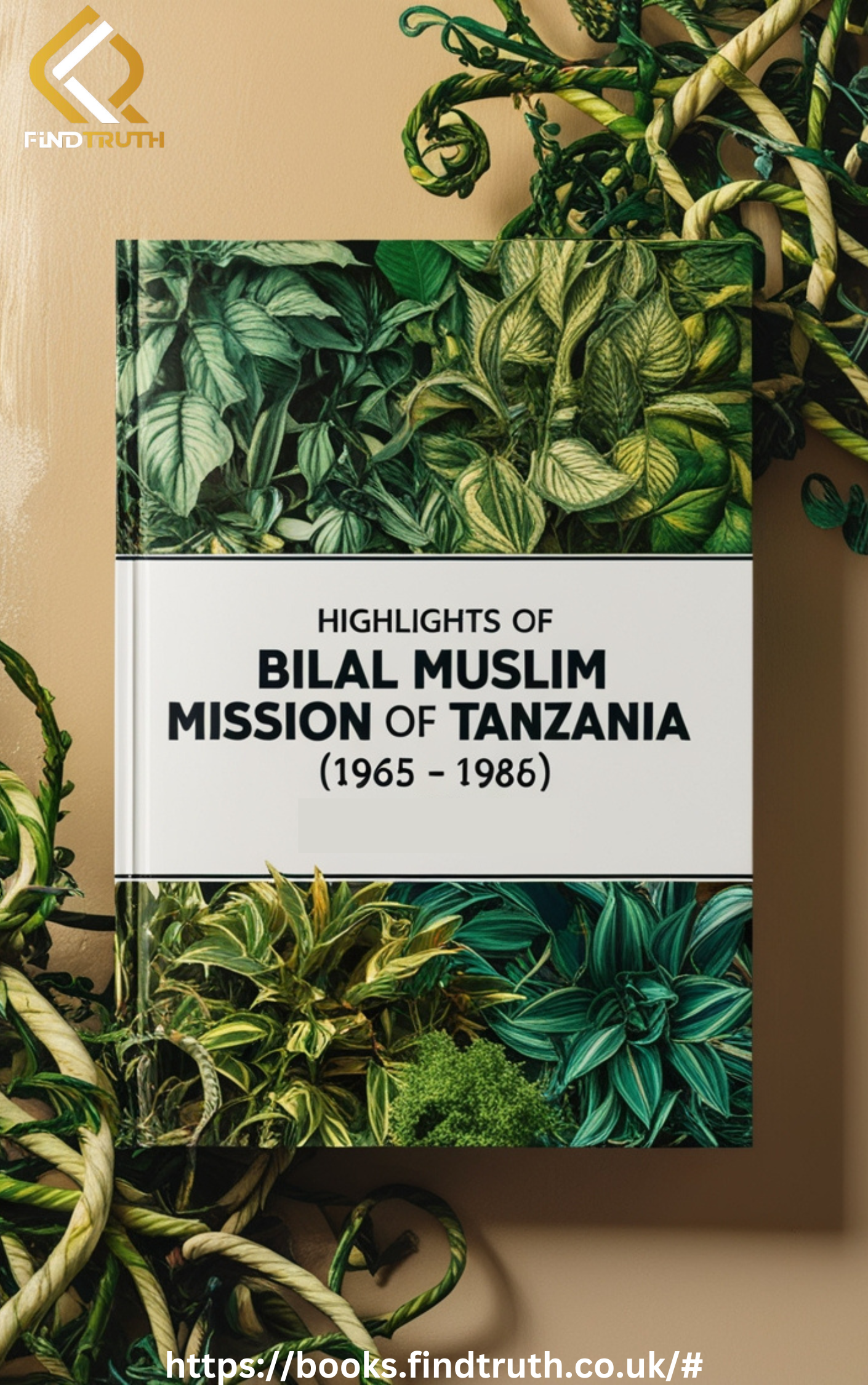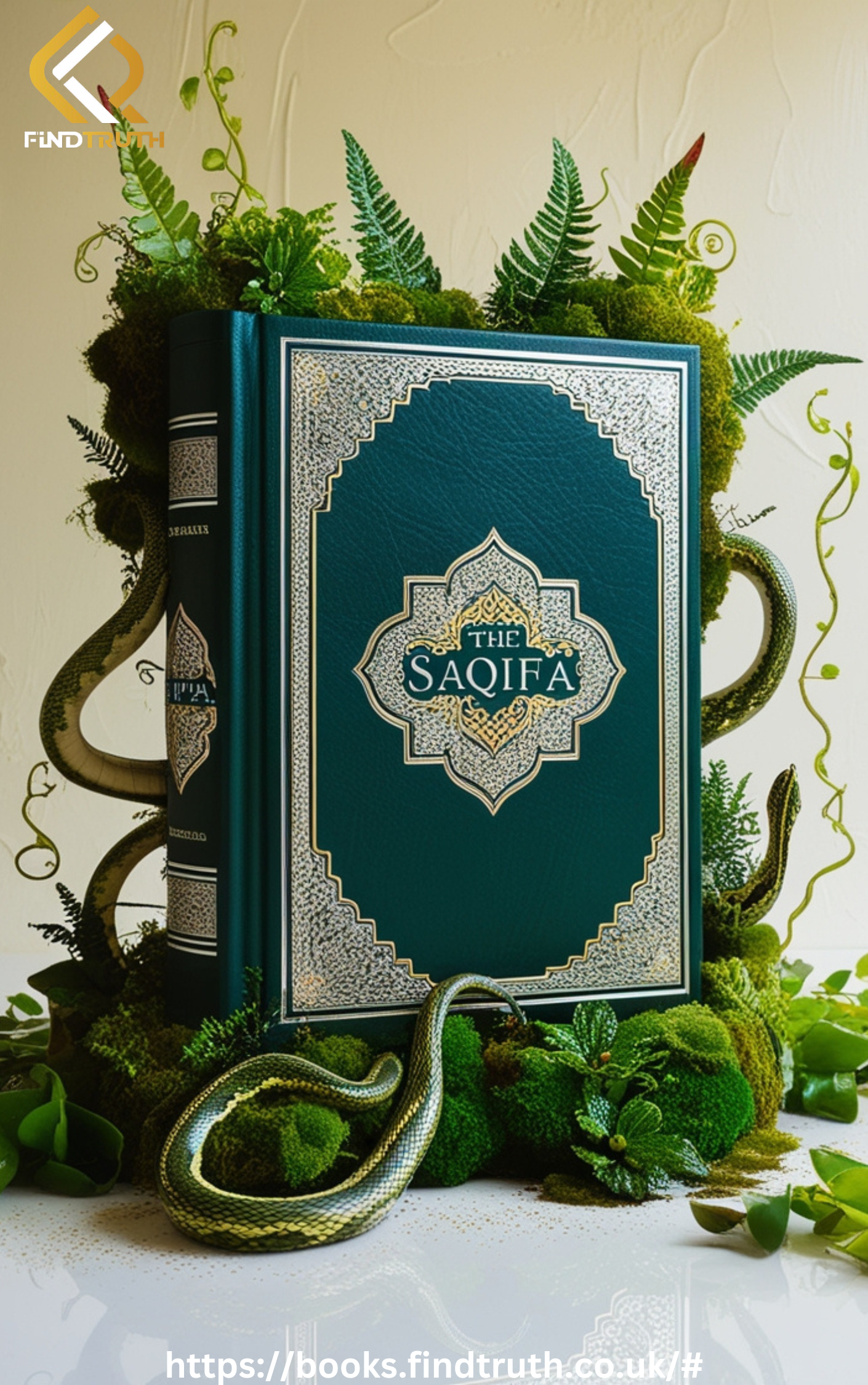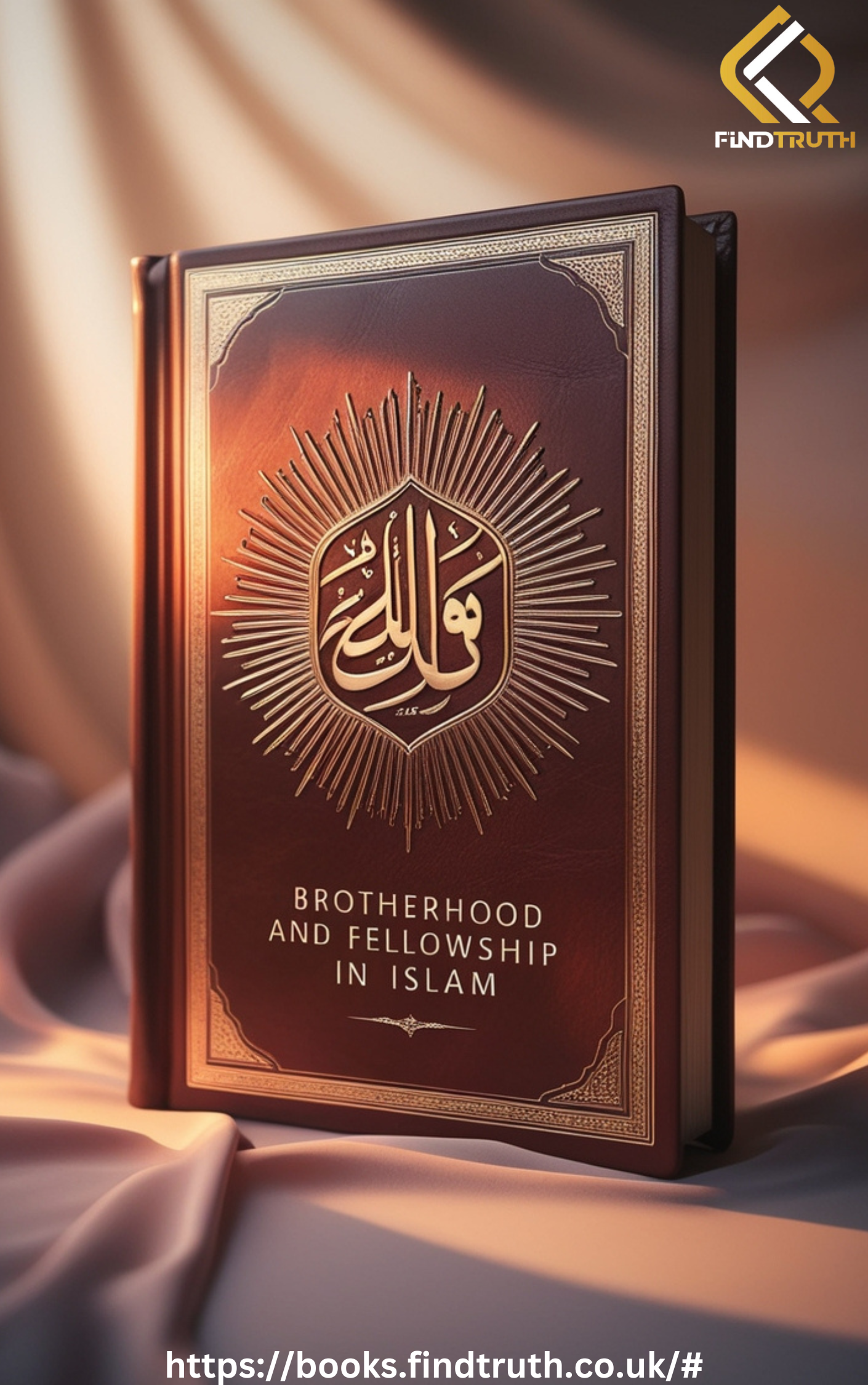
- Beliefs
-
Muslim Practices
- Salah (Daily Prayers)
- Sawm (Fasting)
- Hajj (Pilgramage to Makkah)
- Zakah (Charity Giving)
- Khums (Giving One-Fifth of Annual Saving)
- Jihad (Striving in the Way of God)
- Amr bil Ma'ruf (Encouraging Good)
- Nahy 'an al-Munkar (Stopping Evil)
- Tawalla (Loving the Prophet & His Family)
- Tabarra (Disassociating from the Enemies of the Prophet and His Family)
- Islamic Education
-
Akhlaq - (Ethics)
-
Quran & Sciences
-
Islamic History
-
Socio-Cultural
- Islamic Holy Places
-
Supplications
- Home
- Feature Selections ★
- Beliefs 🛐
-
Muslim Practices ☪️
- Salah (Daily Prayers)
- Sawm (Fasting)
- Hajj (Pilgramage to Makkah)
- Zakah (Charity Giving)
- Khums (Giving One-Fifth of Annual Saving)
- Jihad (Striving in the Way of God)
- Amr bil Ma'ruf (Encouraging Good)
- Nahy 'an al-Munkar (Stopping Evil)
- Tawalla (Loving the Prophet & His Family)
- Tabarra (Disassociating from the Enemies of the Prophet and His Family)
- Islamic Education
-
Akhlaq - Ethics 🔑
- Quran and Sciences 📖
-
Islamic History
- Socio-Cultural
- Islamic Holy Places
- eBooks
- Fadak
Fadak
The book Fadak provides a comprehensive analysis of the events surrounding the land of Fadak, which was gifted to Lady Fatimah (A.S.), the daughter of Prophet Muhammad (PBUH). After the Prophet's passing, the ownership of Fadak became a point of contention, leading to a legal and political dispute with the ruling caliphs. This work not only delves into the historical context but also explores the broader implications of the incident for understanding justice, leadership, and the rights of women in Islam. It sheds light on the contrasting interpretations of Islamic inheritance laws and highlights the lasting impact of the Fadak issue on Shia-Sunni relations. The book is a must-read for anyone interested in Islamic history, politics, and the role of women in early Islamic society.
